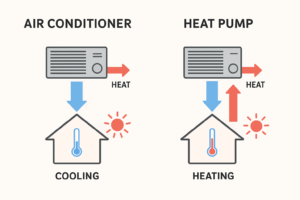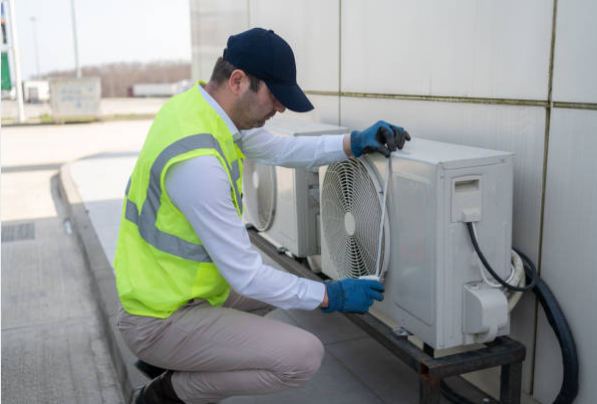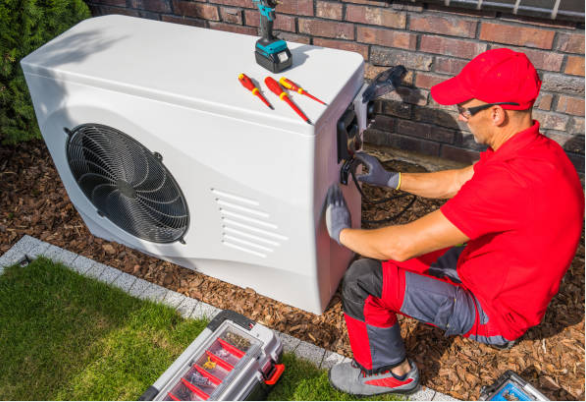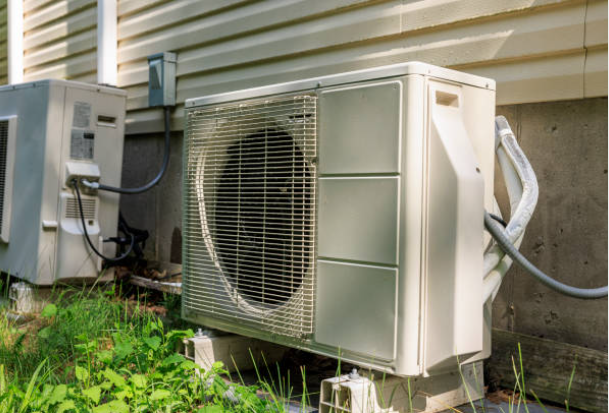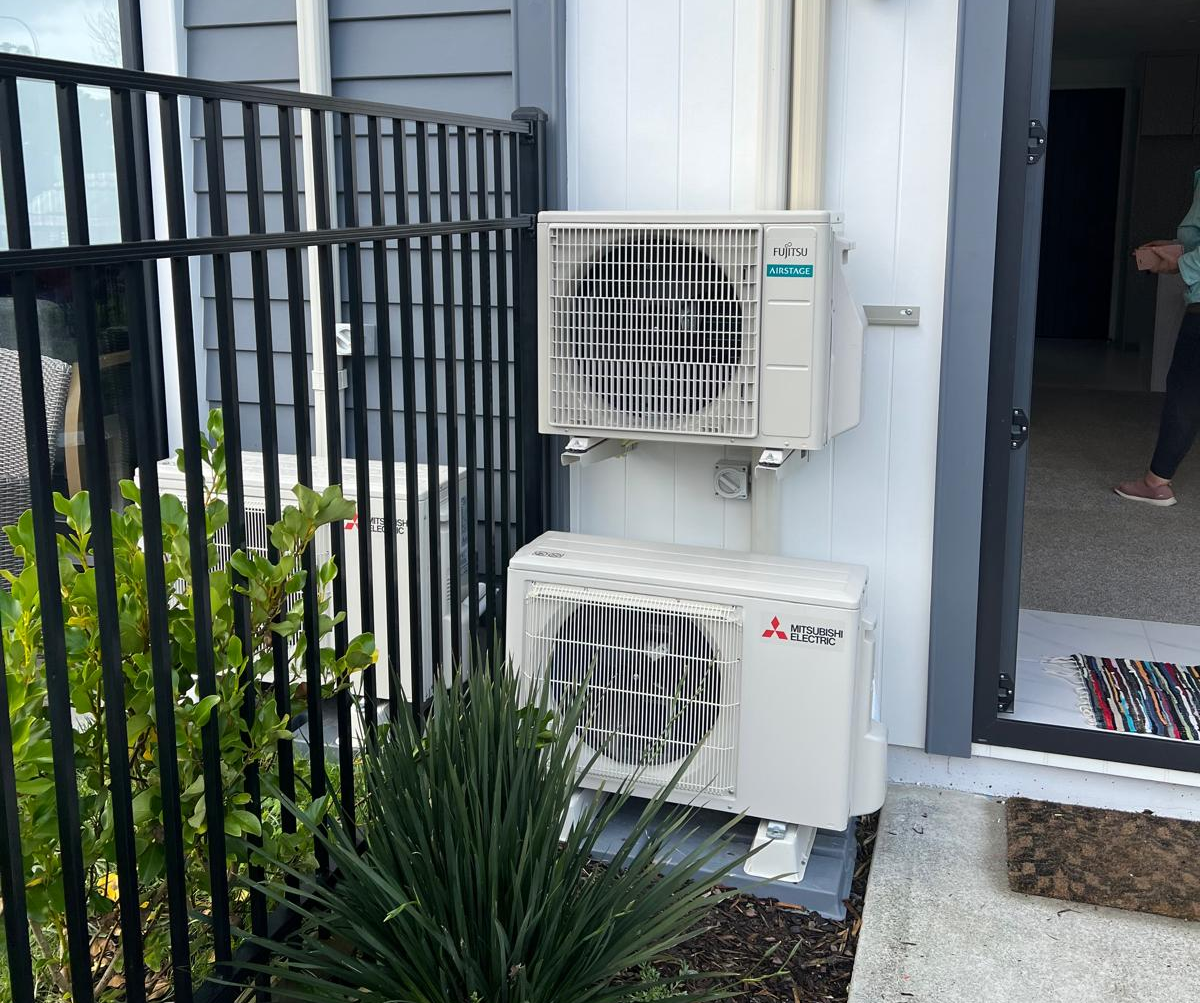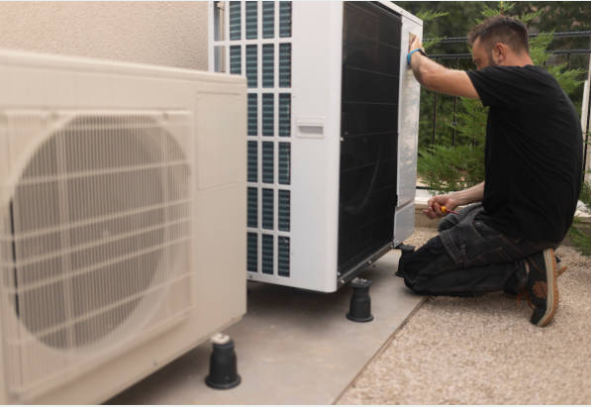A heat pump and an air conditioner (AC) are very similar in how they work, but there’s a key difference in functionality:
1. How They Work
-
Air Conditioner: An AC system moves heat from inside your home to the outside. It cools the indoor air by extracting heat and releasing it outside. It only cools; it cannot heat a space.
-
Heat Pump: A heat pump can do both cooling and heating. In cooling mode, it works just like an air conditioner, moving heat from inside to outside. In heating mode, it reverses the process, extracting heat from the outside air (even in cold weather) and bringing it inside.
2. Heating Capability
-
AC: No heating. If you need heat, you require a separate heater (like a furnace or electric heater).
-
Heat Pump: Can provide year-round climate control. It’s essentially an all-in-one system.
3. Energy Efficiency
-
AC: Efficient at cooling but can require a separate heating system, which may increase overall energy use.
-
Heat Pump: Typically more energy-efficient for heating than electric heaters or gas furnaces because it moves heat rather than generating it. Cooling efficiency is similar to a standard AC.
4. Cost
-
AC: Generally cheaper upfront if you only need cooling.
-
Heat Pump: Higher upfront cost due to the reversing valve and dual functionality, but can save money over time if used for both heating and cooling.
5. Climate Suitability
-
AC: Works well anywhere, but you’ll need a separate heating solution in cold climates.
-
Heat Pump: Very efficient in moderate climates. In extremely cold climates, some heat pumps require a supplemental heating system.







